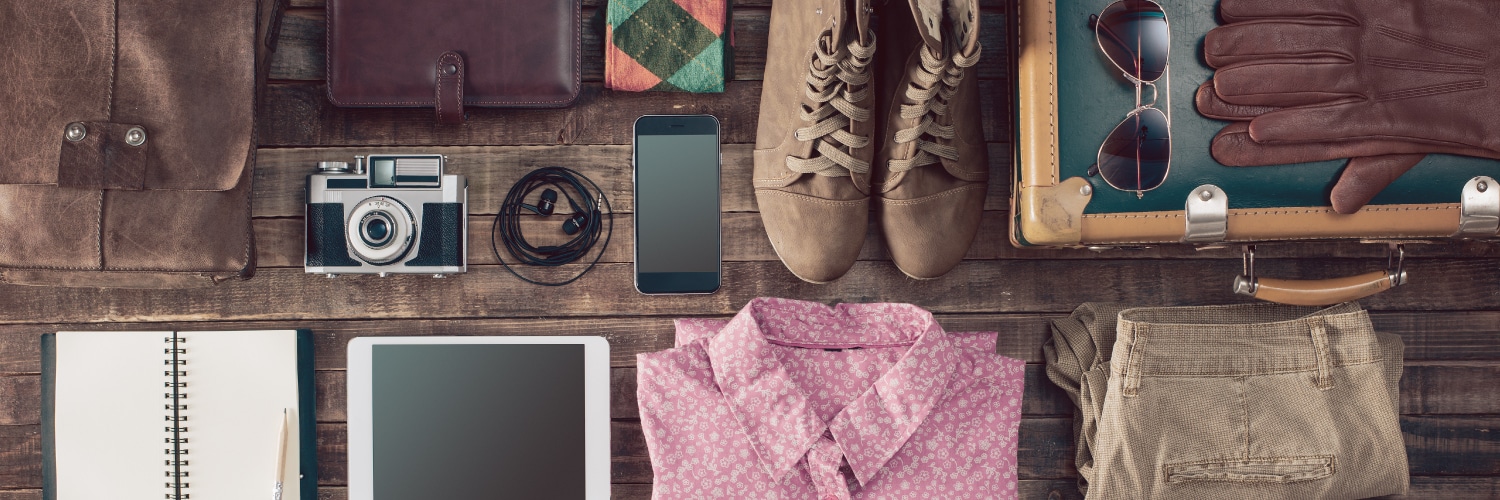Deceased estate items hold a lot of sentimental value. Oftentimes, you will definitely find yourself on the confusing end when clobbered with the reality of clearing the items after a loss of a loved one. This list compiles the most efficient options to go for during deceased estate clearance.
But first, before jumping to any option illustrated in this article, it is prudent to rummage through the piles and categorise the items into four brackets–sellable, donatable, rubbish and the ones you will want to retain. This will help you with getting the most appropriate homes for various types of these objects.
1. Donatables
Donatables are deceased estate items that are unexpired, gently used and socially acceptable products. They can be anything ranging from condominiums, clothes, electronics, utensils, bedding, stationery and many more.
Generally, you can donate anything from the deceased estate. As long as the beneficiary uses them in the long run, you have nothing to lose. Rather, you can benefit from a tax deduction by making tax-deductible donations through or to certified charity organisations.
Before making any donation, make sure that:
- Know who your charity organisation are, their long-term goals and whatever they have done to reach the specific goals
- You have deeply communicated with the charity organisation and developed some level of trust.
- You choose a reputable intermediary for charities that accept donations through an intermediary
- You follow the strict rules when it comes to a tax-deductible donation
2. Sellable
The most popular option when it comes to finding an appropriate home for deceased estate items is through selling. However, this process is not always a walk in the park, especially when dealing with a complex family.
First, before selling any of the deceased estate items, have a look at the will. This helps to prevent any legal nightmare that may arise among siblings and close relatives.
When it comes to selling, the estate is viewed as the deceased’s net worth in the eyes of the law. It can include the whole house with everything included, land assets, superannuations, investments, furniture and any other valuables.
- A deceased estate item can be categorised under sellable when:
1. It meets all the legal requirements about the transfer of deceased estate property ownership
Properties under sole ownership are not sellable where the deceased did not leave a legal document that validates the transfer of ownership. They include investments and bank accounts. On the other hand, joint ownership can only be transferred under the collateral terms drafted between or among the parties before the person’s demise.
To be on the safer side of the world, talk to an experienced attorney. This will help you with determining the type of ownership under which the deceased estate items fall for easy transfer.
2. There is a clear executor or beneficiary named prior to the death
You can only sell a deceased estate item as an executor or beneficiary. When you are none of the above, chances are high that you will brush shoulders with the juries.
First, you must have related paperwork at hand. If at all the deceased died suddenly, leaving behind no paperwork, you will need to search in the drawers or contact their lawyers.
3. Rubbish
Rubbish is the waste materials generated during deceased estate clearance. These items are categorized as:
- e-waste
This category includes dead electronic items such as TVs, computers, phones, DVDs, printers, vacuum cleaners and many more. The most appropriate way to get rid of these products is by contacting their manufacturers for collection.
Computing devices such as PCs, laptops, and phones carry the identity of the deceased. Hauling them haphazardly may expose accounts attached to the deceased to an unauthorised party.
- Builders waste
These are debris and other construction materials that result during demolition. Examples of builder wastes include; plumbing fixtures, concrete, bricks, metals, glass and many more. Most builder wastes are resellable. Otherwise, you can recycle the waste to increase its shelf life.
- Recyclables
These are general items used in day-to-day life. Examples include old bottles, cartons, cardboard and many more. Since they hold no sentimental value, they can be given out to relatives for re-use.
4. Things to retain
These items fall under three categories.
- Products with immense sentimental values such as photo albums, computers, jewelry and many more
- Documents such as title deeds, and anything with transactional records
- Functional computing devices such as phones and PCs.
Conclusion
Even after categorization, you may still be confused about which items to give away, sell, retain or drop into the rubbish. At Paul’s Rubbish Removal, we got you covered. We are a team of expert deceased estate clearers based in Sydney.
Call us now on 0407 125 125 for free quotes and stand a chance to enjoy the highest-quality deceased estate clearance ever.







